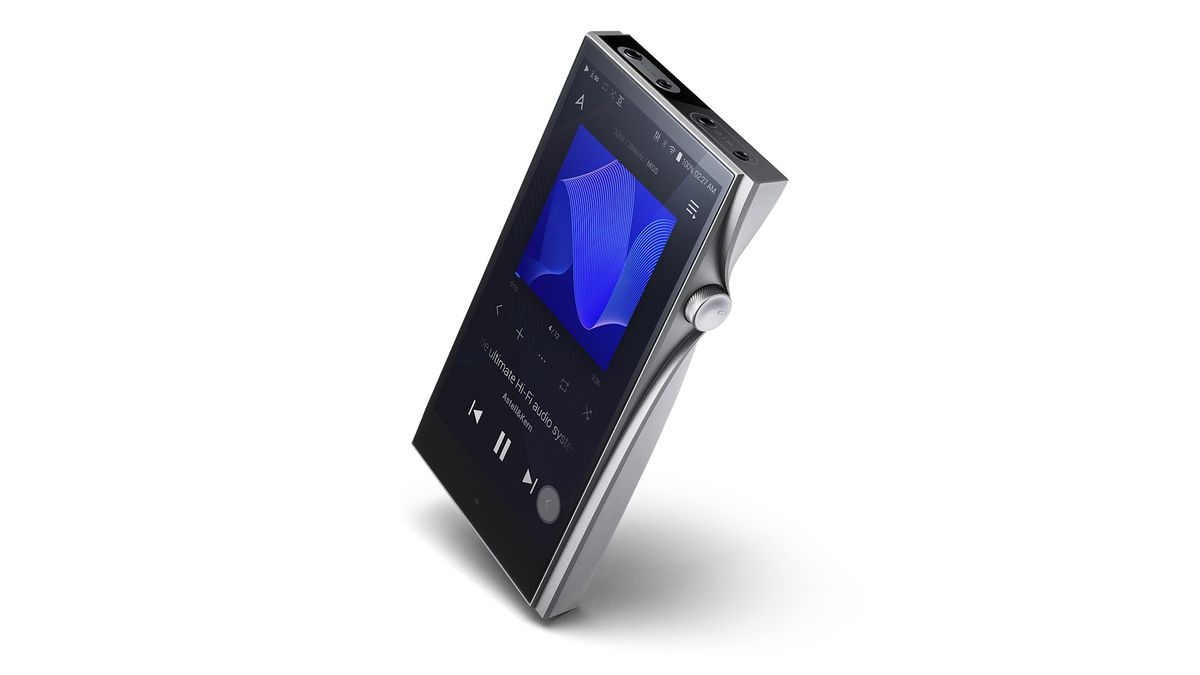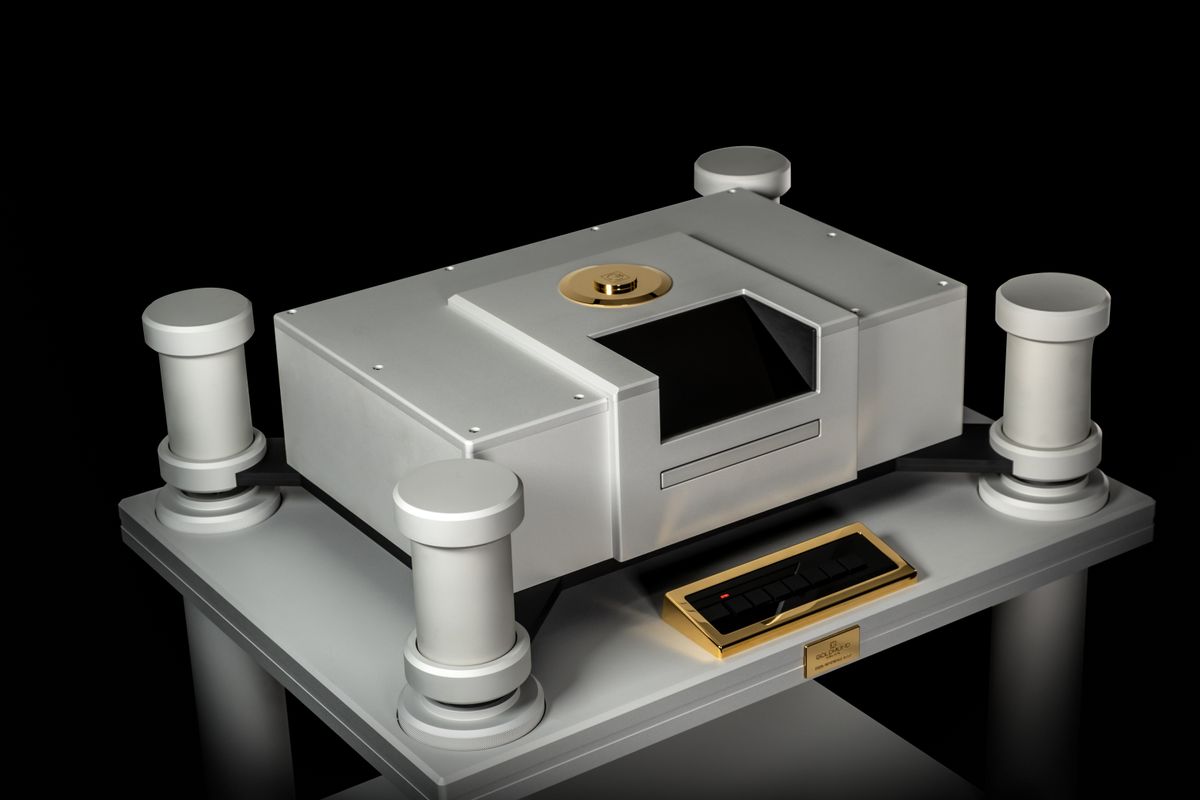Wil
Well-known member
2/3 of the Posts since I last commented are wayward. The OP wanted to talk about higher "bitrate and sampling levels" than 16bit/44.1
As WHF link explained back in Post #8, 16bit/44.1 isn't Hi-Res:
"The Recording Academy, together with record labels, formally defined high-resolution audio as “lossless audio that is capable of reproducing the full range of sound from recordings that have been mastered from better than CD quality music sources".
In its simplest terms, hi-res audio tends to refer to music files that have a higher sampling frequency and/or bit depth than CD, which is specified at 16-bit/44.1kHz."

 www.whathifi.com
www.whathifi.com
As WHF link explained back in Post #8, 16bit/44.1 isn't Hi-Res:
"The Recording Academy, together with record labels, formally defined high-resolution audio as “lossless audio that is capable of reproducing the full range of sound from recordings that have been mastered from better than CD quality music sources".
In its simplest terms, hi-res audio tends to refer to music files that have a higher sampling frequency and/or bit depth than CD, which is specified at 16-bit/44.1kHz."

High-resolution audio: everything you need to know
Is hi-res audio worth it? Our handy guide on high-resolution audio will help you decide


